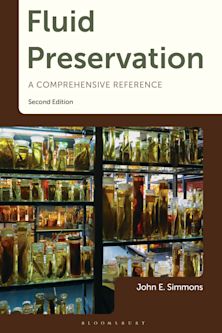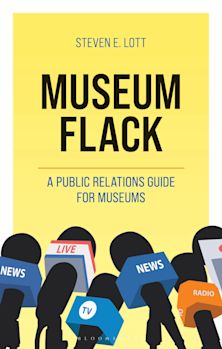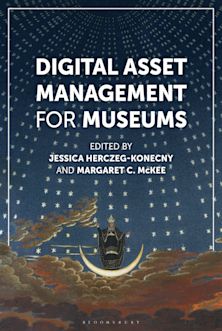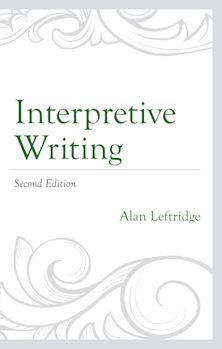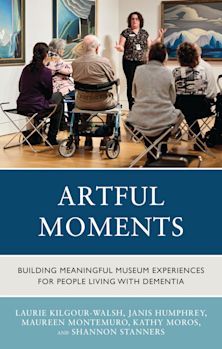This product is usually dispatched within 3 days
- Delivery and returns info
-
Free US delivery on orders $35 or over
Description
Experts all agree that human beings can mitigate climate change by changing how we use energy for heat, light, movement, and production. Stewards of heritage sites and collections can engage the public at the grassroots level to raise awareness about the cultural and socioeconomic reasons for past choices that have contributed to climate change.
This book will help cultural institutions identify ways to interpret new stories through historic places and resources, especially if staff have made the commitment to “go green.” Without place-based context, discussions about energy focus primarily on the science, and not the human experience. By reminding us of our past practices and values regarding energy production and use, historic places can inspire different ways of thinking about transitioning to different energy sources, and question the doctrine that high energy use is necessary for progress. Public interpretation can expose the vast energy infrastructure and the impact of energy extraction, production and use on place.
Historic sites offer place-based contexts for visitors to interact with and think critically about the processes and the impact of energy development in, for example, a maritime village. This book synthesizes science with the humanities outside of popular media and other politicized spaces to identify different kinds of energy resources in many historic collections or sites. It supplements current calls for economic and policy changes, because as stewards of historic places, we need to do what we can in this “all hands-on deck” moment to prepare for shared stewardship of our future.
Table of Contents
I. Introduction
II. The Energy of the Forest
III. Water is Life, Water is Power
IV. The Cultural Power of Steam Energy
V. The Power of Fossil Fuels: Energy from Coal, Oil, and Gas
VI. National Security and Alternative Energy:Nuclear Power During and Beyond the Atomic Age
VII. Emphasizing Energy Diversity: The Past and Future of Renewable Energy
VIII. Energy, Access, and Equity:The Infrastructure of Electricity
IX. Conclusion
Appendix
Timeline
Recommended Reading: Annotated bibliography of resources on energy and energy use.
Product details
| Published | Feb 26 2023 |
|---|---|
| Format | Paperback |
| Edition | 1st |
| Extent | 224 |
| ISBN | 9781538150542 |
| Imprint | Rowman & Littlefield Publishers |
| Illustrations | 37 b/w photos |
| Dimensions | 10 x 7 inches |
| Series | Interpreting History |
| Publisher | Bloomsbury Publishing |
Reviews

ONLINE RESOURCES
Bloomsbury Collections
This book is available on Bloomsbury Collections where your library has access.











